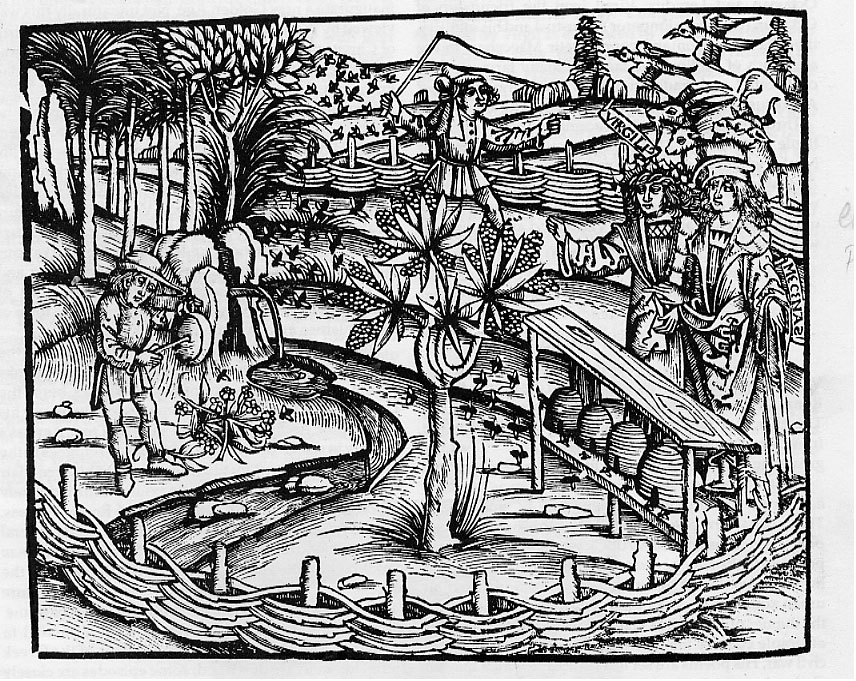
David Fairer just sent me his detailed and fascinating treatment of “eco-georgic“ (in Studies in Eighteenth-Century Culture 40, 2011). Like my colleague Mike Ziser, Fairer sees in the georgic genre (georgos is Greek for farmer) a way out of the difficulties and paradoxes of Green Romanticism, which could easily be associated with pastoral rather than georgic.
Georgic is hands on. It's about “land drainage, rat poisoning, the management of slaves, undersea coal mining, child labour, and genetic modification” (and so on, quoting Fairer). It could be a genre of ecology without Nature, in other words, a genre of hypocrisy and compromise in which Nature “breaks down into discrete phenomena.”
2 comments:
I'm loving all the interest in the georgic lately, even if I'm not liking all the conclusions and process, exactly. I look forward to David Fairer's -- and it makes me wish I hadn't taken (or hadn't had to take) such a long break after finishing the diss. in '98 on the subject. Ah well.
I'm liking all the interest that the georgic has been getting recently, even if I'm not always liking the conclusions or the direction of the reading! But I look forward to David Fairer's piece. It all makes me wish I hadn't taken (or hadn't had to take) such a long break after finishing the diss. in 1998. Ah well. It's good stuff to read.
Post a Comment